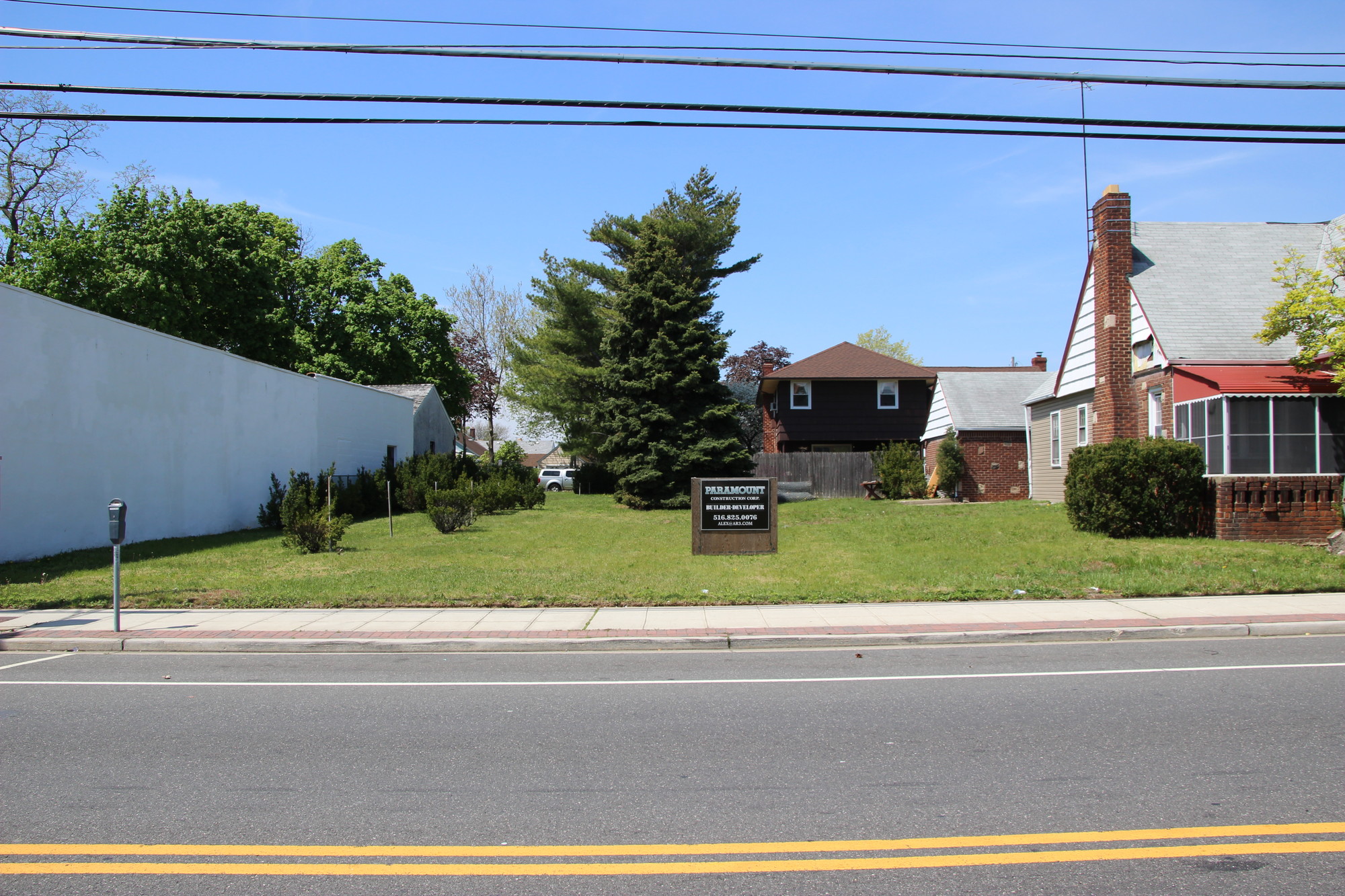Zoning board on proposal: Why not stick to the village code?
The Board of Zoning and Appeals criticized a request for variances for two homes and a three-story apartment building planned for Hoffman Street on May 3.
“You can build within the code and not have a problem,” board member Salvatore Pizzolo said. “But I’m totally against giving the area variances and everything else. I don’t see a hardship here. I don’t see a need for relief. The builder needs more money? I mean, what is the problem?”
According to the code, the land in question is permitted up to six two-bedroom apartments based on its square footage. Riverstone Development wants to build nine single-bedroom apartments, and insisted that the impact would be appropriate for the area. The developer was also seeking variances to permit shorter property line setbacks and fewer parking spaces. One home currently occupies the property. The land would be divided up into three parcels, one for the apartments and two others for 2 ½-story homes, with two-car driveways.
Pizzolo said he felt that the area was over-burdened already, noting the plans for construction of The Promenade, at 49 N. Central Avenue. “To me, this creates more of a hardship on the people in that area,” he said.
Michael Maris, a traffic and parking consultant for the developer, said that the proposed nine parking spots for the apartments would be “lightly insufficient” from 10 p.m. to 8 a.m., but said that nearby municipal lots could easily accommodate the overflow. He noted that a tenth parking space could be added if a decorative garden were removed from the plans. The driveway for the proposed development would be to the north, at Hoffman Street.
Allison Collura, of Sapir Street resident, said she thought that allotting nine parking spaces for nine single-bedroom apartments was overly optimistic, and that the plans would not encourage longterm residents of the village.
“While we know it will benefit pockets, there’s been no case for how it really benefits the community,” said Collura. “I can’t imagine in a one-bedroom apartment that these are people that are coming looking to build roots here.”
Collura also expressed concern that local schools could feel squeezed if tenants brought more children to the neighborhood.






